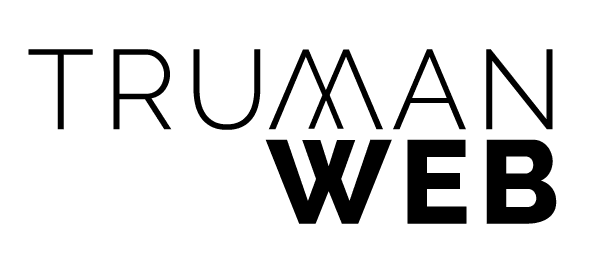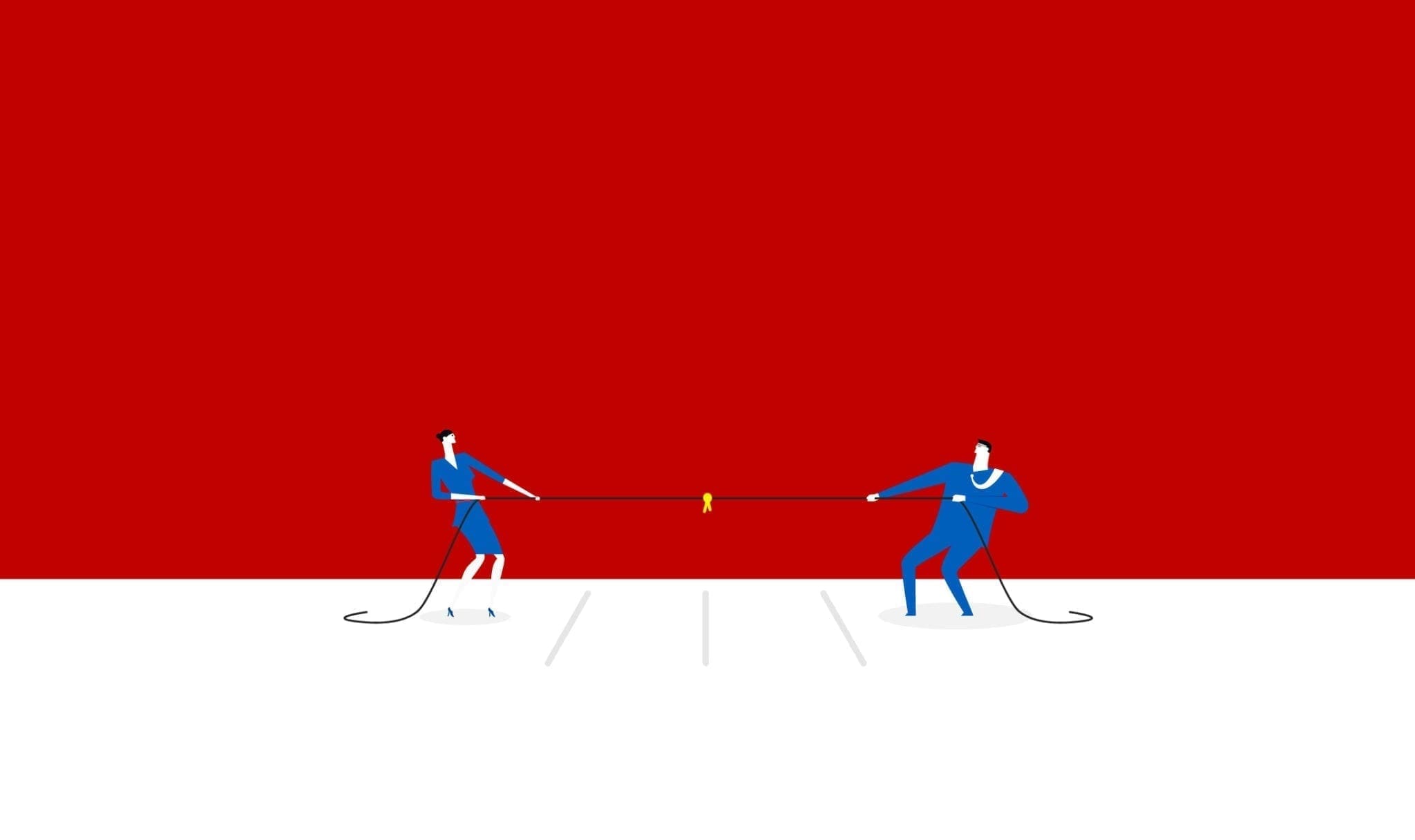Lately, I feel like I’ve been frustrating to everyone around me.
And lately, everyone has been frustrating me.
Unless you live in a cave, you’ll have those seasons where relationships—professional and personal—become disconnected and, well, frustrating.
For me, connection with my work, connection to my people, and connection with God are some of the most important factors of my contentment in life.
And in my experience, since frustration leads to anger, which leads to disconnection, which leads to fear and depression, which leads to laziness and stagnation… frustration, ultimately, can lead to my business death.
Sounds a little dramatic, but that’s the benefit of having a little self-awareness. I see the domino effect and nip the frustration in the bud.
Self-Awareness
I do a lot of things poorly (juggling, flirting, dancing, etc.) but one thing I excel in is self-awareness. I know myself pretty well, and I’m getting to know myself even more as time goes on.
As a business owner, you’re the leader of your team. Since emotional health starts at the top and trickles down, whether healthy or unhealthy in its display, it’s crucial that you pay attention to it. Emotionally unhealthy leaders create emotionally unhealthy teams who make emotionally unhealthy companies.
Self-awareness and emotional health are one of the most indicative measurements of a great leader. As the Huffington Post reported,
“In order to manage our emotions effectively, we have to identify them, be able to assess them accurately, understand the root cause, and ultimately control them appropriately. Knowing what the triggers are that drive our emotions as well as understanding triggers of those around us can truly heighten our ability to communicate more effectively.
Conflict is inevitable and actually a positive because it usually leads to progress when handled well. Being able to read the people dynamics, assess the needs involved and manage the situation effectively requires high EQ levels.”
Conflict
You can’t be in business without conflict, period. You can try, but you’d be an ineffective leader. And understanding yourself better means you can understand others better.
Back in 2010, I sold my Nikon camera gear on Craigslist because I was converting to Canon-ism. An interested buyer named RJ and I had an email discussion about this sale.
RJ: Do you still have this?
Me: Yep, sure do.
RJ: What’s your number so I can text an offer?
Me: How about you email me your offer? Good chance I won’t go down very much.
RJ: That’s probably the reason you still have it. GO F*** YOURSELF!!!
Me: Hey why don’t you relax? I just put it on the market a few days ago and I’ve had plenty of offers. Geez.
RJ: GFY!! The over price s*** is old!!! You’re the idiot that started with “it’s not going any lower!!” So again GFY!
Me: Do you have some stress management exercises you can work on? Who are you really angry at?
RJ: You know what? The more I think about it, I don’t know what got me so mad!! I have been taking this testo ripped stuff testosterone increaser so maybe I need to cut down so the only thing left to say is sorry!
It was straight out of a movie! My point is this: If you really seek to understand why you do what you do, and why others do what they do, you’ll start to approach conflict by asking yourself (or even verbally asking out loud), “What’s really going on here?” Why am I really reacting this way? Why is this person really saying this?
For me, I am transitioning from fearing and loathing conflict into Phase Two: appreciating its benefits. I know there is freedom and improved relationships on the other side. Once I fully appreciate the benefits, I can finally move into Phase Three: understanding and learning more about it.
But appreciating its benefits and understanding conflict isn’t enough. I can read a thousand books on conflict resolution but if my heart and intentions haven’t changed, I can’t into Phase Four, which is welcoming conflict and eventually sliding into Phase Five, considering it a skill to be mastered of which you intend to master.
If we stay in Phase 1 at all times, we can’t truly lead our team well.




